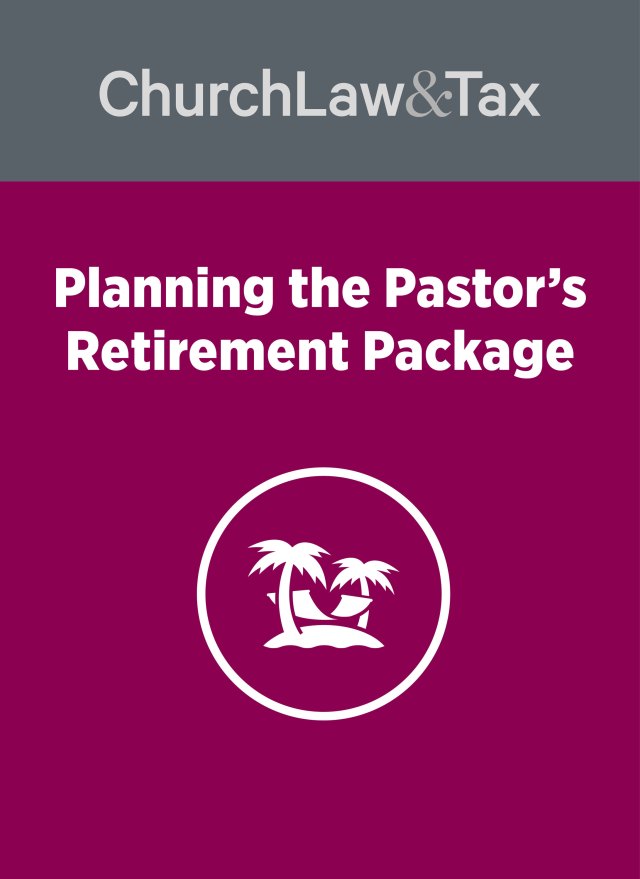Q: I started receiving Social Security retirement benefits at age 62, even though I had not retired. As a result, my benefits have been significantly reduced. Is there any way to change my mind and stop receiving benefits?
Understanding the Risks of Early Retirement Benefits
Taking Social Security retirement benefits before reaching full retirement age can result in a significant reduction in benefits. For individuals who begin receiving benefits before their full retirement age, Social Security reduces benefits by $1 for every $2 of earned income exceeding a set threshold. For example, in 2023, this annual earnings limit is $21,240.
Full retirement age varies depending on your birth year. For those born between 1943 and 1954, it is 66 years. Choosing to receive benefits at age 62 often leads to regret due to the financial impact. Fortunately, there are options for individuals who want to adjust their decision.
Can You Change Your Decision?
Withdrawing Your Social Security Application
If you change your mind within 12 months of starting Social Security retirement benefits, you may withdraw your application and reapply later. However, you can only withdraw your application once in your lifetime.
Key Requirements for Withdrawal
- You must repay all benefits received, including:
- Benefits paid to your spouse or children based on your application.
- Withheld amounts for Medicare premiums, voluntary tax withholding, and garnishments.
- If already enrolled in Medicare, you may also withdraw Medicare coverage but are not required to do so.
- Use Social Security Form SSA-521 to submit your withdrawal request. Be sure to clearly state if you want to withdraw Medicare coverage as part of the application.
The Social Security Administration will calculate the total repayment amount and notify you. You have 60 days to cancel an approved withdrawal request, after which your decision becomes final.
Suspending Benefits at Full Retirement Age
If you cannot withdraw your application and you have reached full retirement age (but are not yet 70), you can request to suspend your Social Security benefits. This suspension allows your benefits to grow until you restart them, potentially providing a larger monthly payment in the future.
Additional Considerations
Medicare Enrollment
If you are not yet enrolled in Medicare, be sure to apply three months before turning 65 to avoid penalties. If you withdraw Social Security benefits, Medicare enrollment is not automatic and must be addressed separately.
Impact on Veterans’ Benefits
If you receive veterans’ benefits, consult the Department of Veterans Affairs (VA) to understand how withdrawing Social Security benefits may affect those benefits.
FAQs About Early Retirement and Social Security
What happens if I exceed the annual earnings limit while receiving benefits early? Your Social Security benefits will be reduced by $1 for every $2 of earnings above the annual limit. Can I reapply for Social Security benefits after withdrawing? Yes, but you must repay all benefits received and can only withdraw your application once in your lifetime. What is the benefit of suspending Social Security payments? Suspending benefits after full retirement age allows them to grow by up to 8% per year until you restart payments or reach age 70. How do I withdraw my Social Security application? Complete and submit Form SSA-521 to the Social Security Administration, including a reason for your withdrawal and any Medicare instructions.
Conclusion
Choosing to take Social Security benefits early comes with significant financial considerations. If you regret your decision, options like withdrawing your application or suspending benefits may provide relief. Always consult with a financial advisor or the Social Security Administration to make informed decisions based on your unique circumstances.





